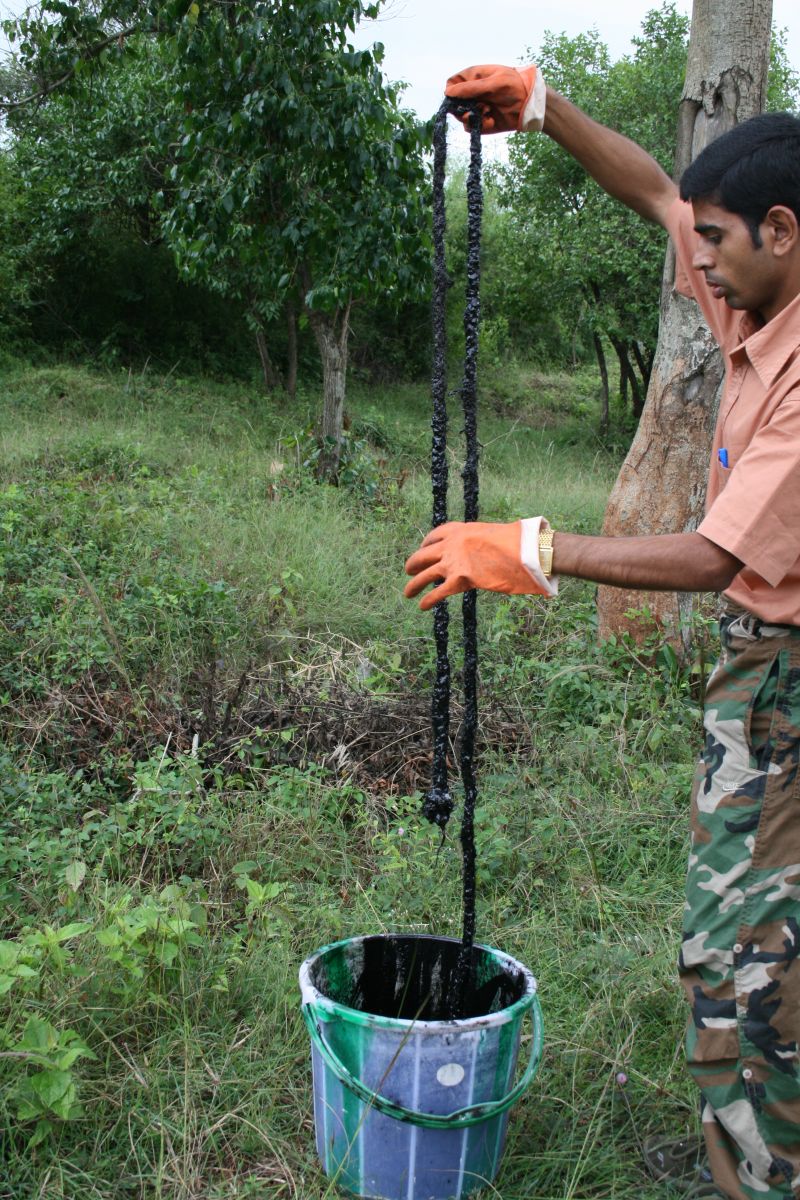Testing novel, innovative and cost effective methods for mitigating elephant – human conflict

Chilli-based repellents have shown promise as deterrents against crop-raiding elephants in Africa. ANCF experimented with ropes coated with chilli-based repellent as a cheap alternative to existing elephant crop raid deterrent methods in India. Three locations (Buxa Tiger Reserve, Wyanad Wildlife Sanctuary and Hosur Forest Division) representing varying rainfall regimes from high to low, and with histories of intense elephant– agriculture conflict, were selected for the experiments . The Chilli fence mechanism was found to be effective in deterring elephants. This is a simple and cost effective method that could be easily used by farmers.


